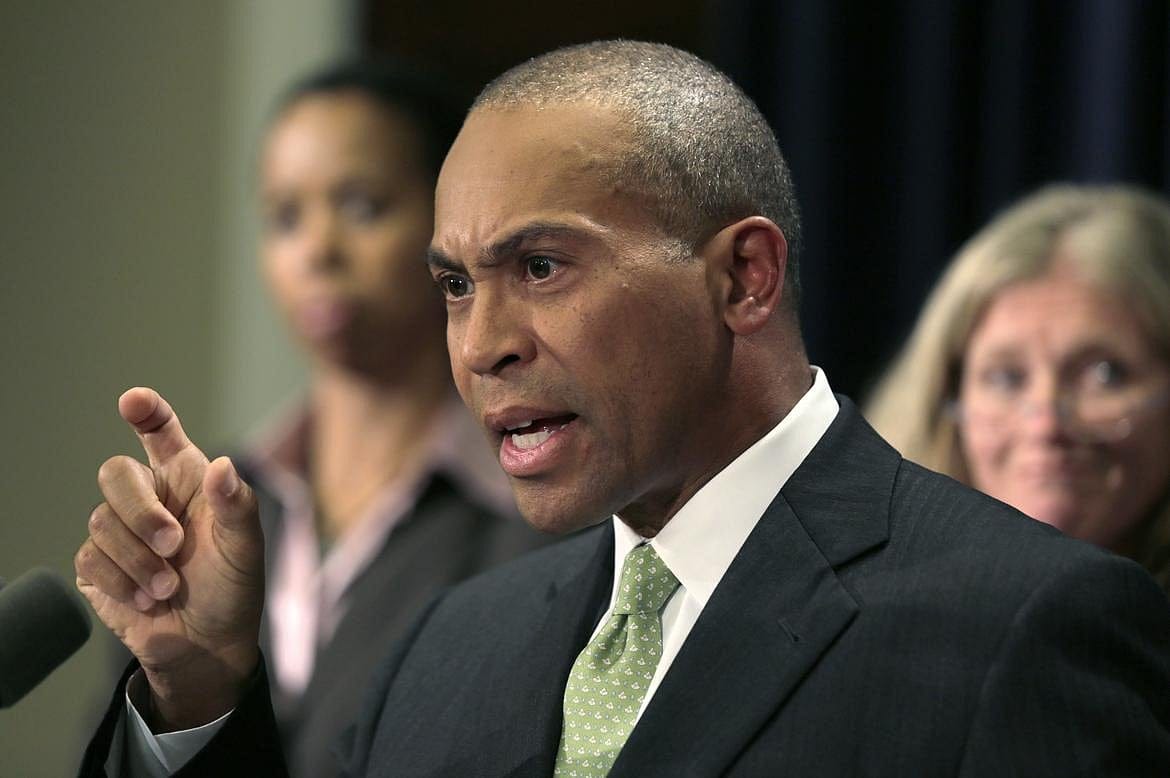Former Massachusetts Gov. Patrick Blasts Trump’s Nomination of Sessions To Be AG

Former Massachusetts Governor Deval Patrick has inserted himself into the debate over President-elect Donald Trump's pick of Alabama Republican Senator Jeff Sessions to be the next U.S. attorney general, labeling Sessions "the wrong person to place in charge of our justice system."
Patrick's sharply worded three-page letter to the U.S. Senate Judiciary Committee landed in Washington on the same day that several NAACP members elected to "occupy" Sessions's office in Mobile, Alabama to try to force him to withdraw his name from AG consideration:

